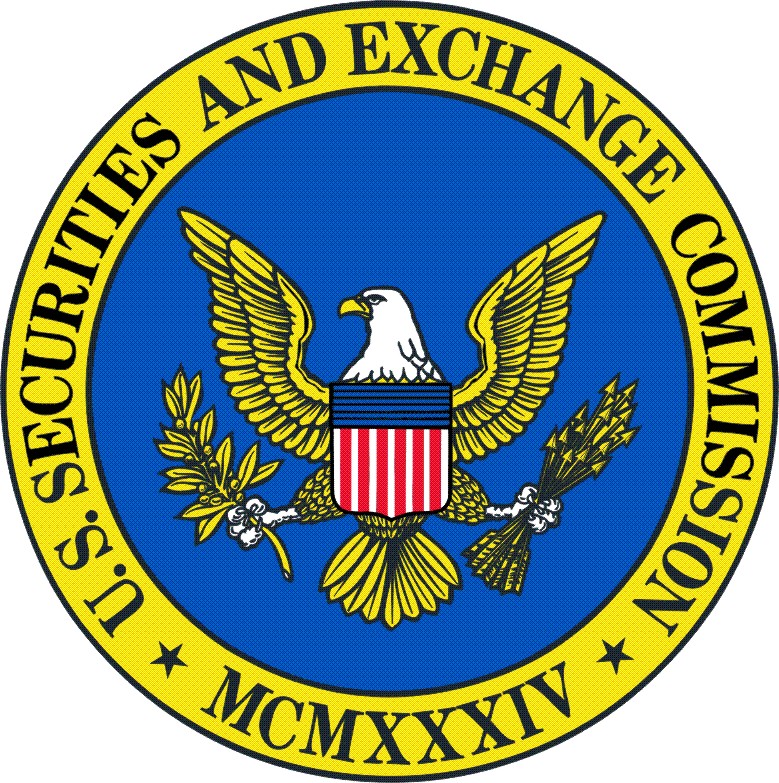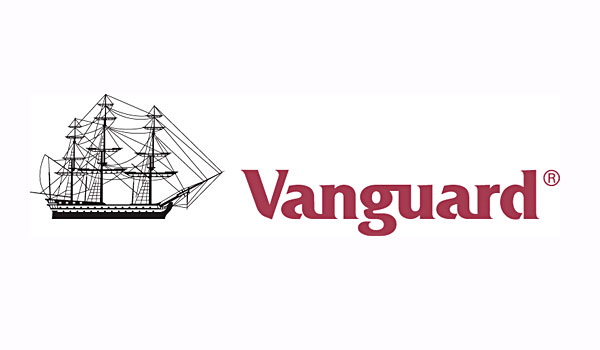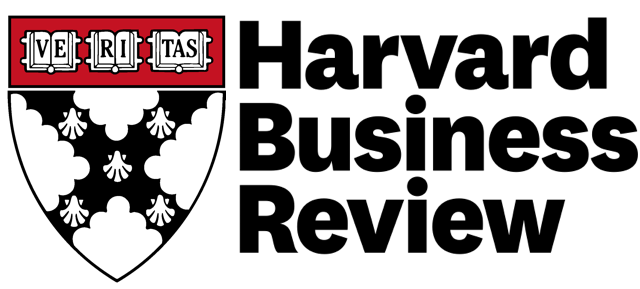
Why Vanguard and BlackRock could beat Peltz and Icahn
It was the corporate version of Mayweather vs. Pacquiao—DuPont CEO Ellen Kullman battling activist investor Nelson Peltz in a high-profile proxy fight over whose slate of directors should be elected to DuPont’s board. And like the injured Pacquiao, it turned out that Peltz was going into the fight with a major handicap to which most of the public was oblivious.
While Kullman and Peltz spent months campaigning for their candidates, the real muscle in this recent bout belonged to three companies that the media largely ignored: BlackRock, Vanguard Group, and State Street, the asset-¬management firms that were DuPont’s largest shareholders by far. Though Peltz’s Trian Fund Management owned a substantial stake in DuPont—24 million shares—it was dwarfed by the three big institutions’ combined holdings: about 150 million shares owned on behalf of investors in their funds. On the morning of DuPont’s annual meeting in May, Kullman and Peltz got word that the giants were voting all their shares for Kullman’s slate, sealing the outcome of a closely fought contest. Kullman won, but BlackRock, Vanguard, and State Street provided the victory.
It’s a sign of changing times. High-profile activists like Peltz, Carl Icahn, David Einhorn, and Bill Ackman have shaken the giants of the Fortune 500 over the past 18 months. Icahn increased the market capitalization of the world’s most valuable company, Apple, just by sending two tweets. But such headline-grabbing successes may have marked the apogee of their influence. The new reality is that the activists are not today’s true power players in corporate America. The biggest companies are increasingly influenced by a new set of bosses—small in number, working mostly behind the scenes, and becoming more activist by the day. Together they’re creating a new order for large corporations and even changing the way the capitalist system operates. They’re the biggest of the big institutional investors, the largest asset managers.








